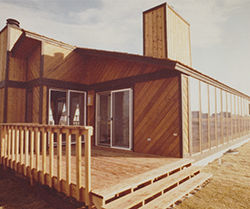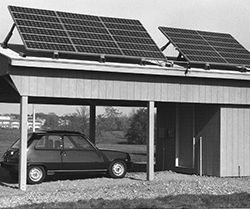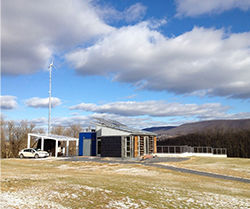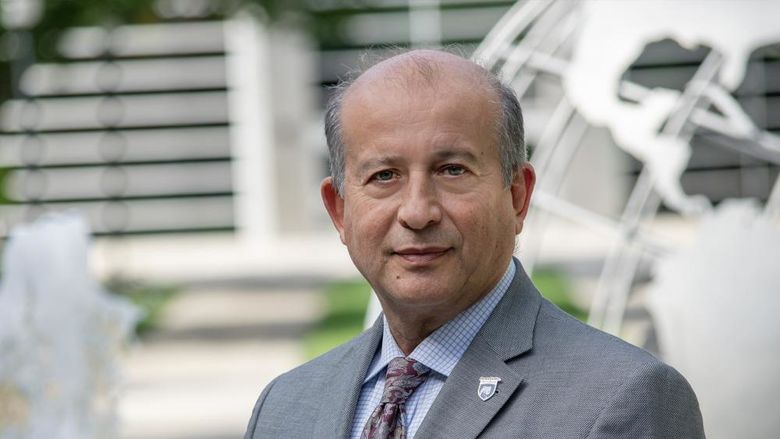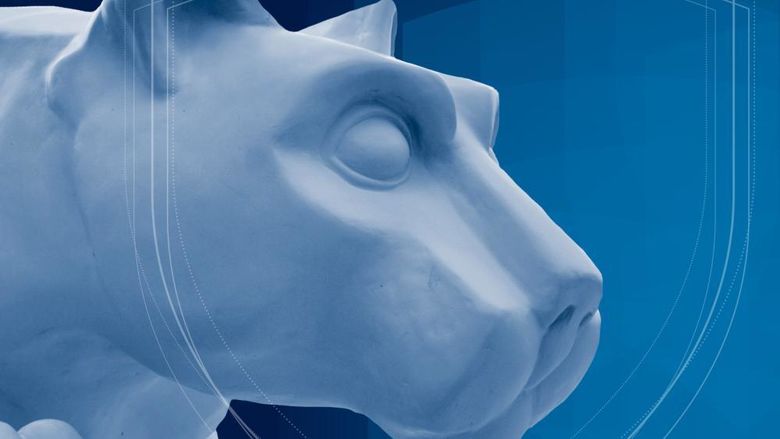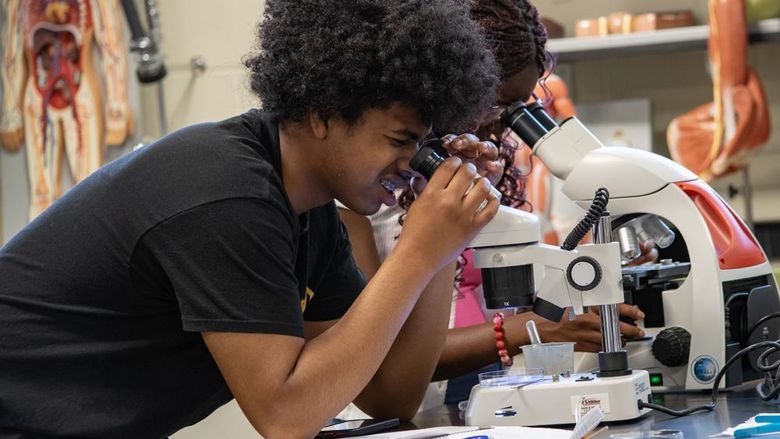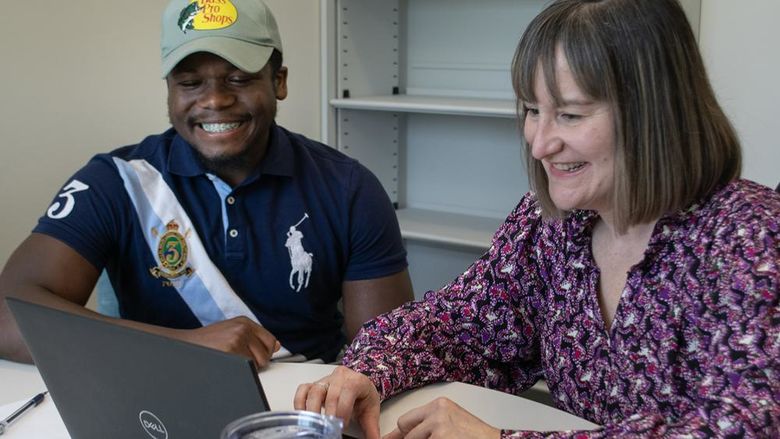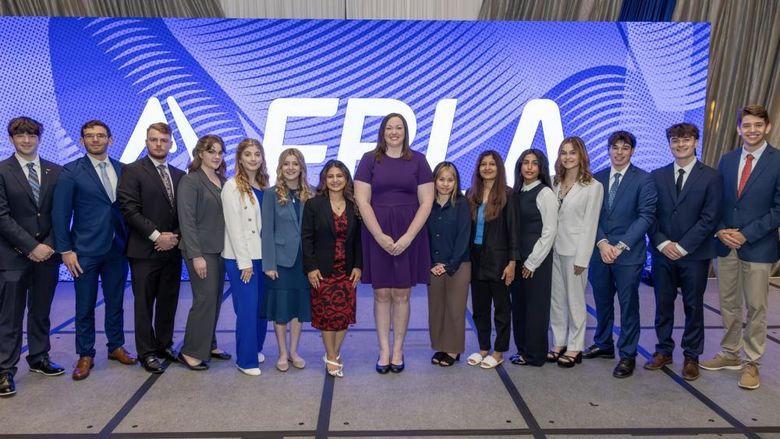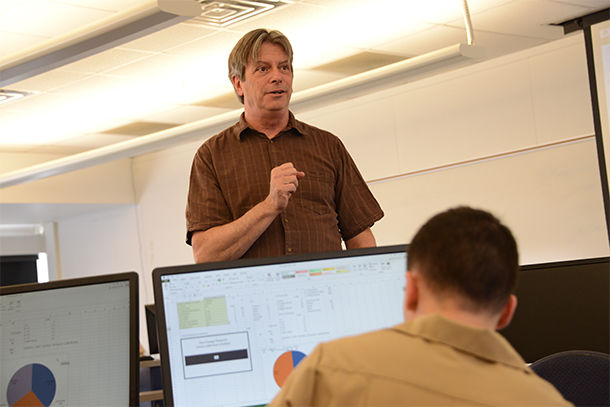
After an academic career spanning 37 years, Andy Lau retired on Dec. 31, 2020. Photo taken April 13, 2017.
UNIVERSITY PARK, Pa. — Following an academic career spanning 37 years with Penn State’s College of Engineering, Andy Lau, associate professor of engineering, retired on Dec. 31, 2020.
Lau came to the University in January 1984, joining Penn State Harrisburg to teach engineering technology courses and to further develop engineering technology programs.
At the Harrisburg campus, Lau researched solar energy technology and heating, ventilating and air conditioning (HVAC). He also helped create the campus’ honors program, serving as its first director. He was promoted to associate professor in 1990. In 1992, Lau was part of a team that received a grant from the Pennsylvania Energy Development Authority to design, build and test a photovoltaic-powered electric vehicle charging station. When Lau moved to University Park in 1999, the charging system was moved to the Center for Sustainability, now known as the Sustainability Institute, on the nine-acre Sustainability Experience Center at the University Park campus.
As a University Park faculty member, Lau taught sections of the first-year engineering design course, EDSGN 100: Cornerstone Engineering Design; coordinated and taught first-year engineering seminars; worked to integrate sustainability and ethics into the undergraduate engineering curriculum; and completed research in renewable energy and sustainable design. His favorite course was a first-year seminar he developed and taught for 16 years called, “The Ethics of Star Trek.” He also developed several first-year seminars on sustainability and served as the assistant director of the Center for Sustainability, helping to lead its transition to the Sustainability Institute in 2013.
Lau said he views the most significant project in his career as the 2007 Solar Decathlon competition that led to the construction of the 100% solar-powered Morningstar Home, the core facility at the Sustainability Experience Center. This project team included hundreds of undergraduates, many graduate students and faculty members from across the University.
“Andy has had a huge impact on the education of Penn State engineering undergraduate students, particularly first-year students,” said Sven Bilén, head of the School of Engineering Design, Technology, and Professional Programs and professor of engineering design, electrical engineering and aerospace engineering. “He has highlighted the importance of sustainability to the engineering design process and has left a legacy of tools and modules that our faculty will continue to use with future students.”
In addition to his work with students and faculty, throughout his academic career, Lau consulted with Met-Ed, York International, Trans/Air Manufacturing and Energy Opportunities Inc.
From 1999 to 2008, Lau served as a partner and energy modeler for 7group, an engineering firm specializing in green design consulting, primarily for commercial buildings. Prior to his time at Penn State, he worked for four years as a design engineer developing manufactured solar homes at the Idaho National Lab and for two years at Southern Solar Energy Center in Atlanta, Georgia. At Southern Solar, Lau managed a solar water heater study involving Bill Aungst, a faculty member at the Harrisburg campus. From that relationship, the idea of completing a graduate degree and teaching engineering technology emerged.
Lau received a fellowship to study at the Solar Energy Lab at the University of Wisconsin-Madison where he earned his master of science in mechanical engineering in 1983. Lau earned his bachelor of science in mechanical engineering from Penn State in 1977.
Upon retirement, Lau received emeritus status.
“My greatest satisfaction during my career at Penn State is working with students to imagine and create a better, more just and more sustainable world,” he said.
